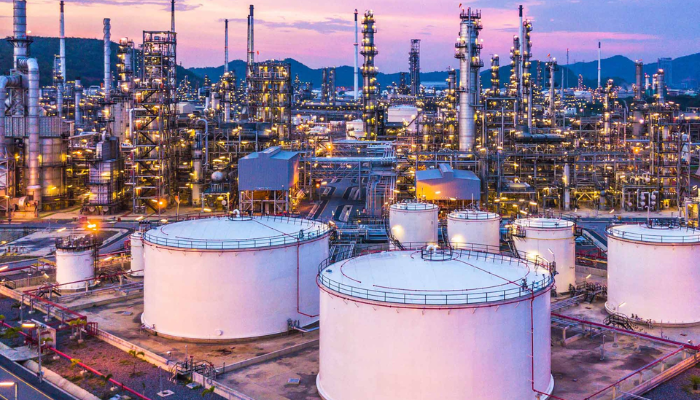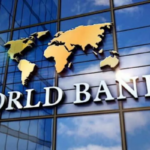Africa’s energy sector is undergoing significant transformation with targeted investments in oil and gas infrastructure. Despite the continent’s vast hydrocarbon resources, gaps in extraction, processing, and distribution infrastructure have hindered efficient utilisation. Strengthening these areas can drive economic growth and address increasing energy demands within Africa and globally.
The Africa Energy Week (AEW) 2025, scheduled from September 29 to October 3 in Cape Town, will serve as a key platform for investors, policymakers, and industry leaders. The event will focus on investment opportunities in oil and gas pipelines, storage facilities, and gas-to-power projects. Discussions will highlight successful projects, investment prospects, and challenges in financing and implementation.
Read also: Congo secures $1.05 bn for oil and gas expansion by 2027
Pipeline infrastructure
Expanding pipeline networks is critical for transporting crude oil and natural gas from production sites to refineries and export terminals. One major project is the proposed “Nigeria-Morocco Gas Pipeline,” expected to transport 30 billion cubic metres of natural gas annually. The 5,600-km pipeline, costing $25 billion, will connect Nigeria with Morocco and Europe, traversing 13 African countries. The project aims to improve energy security, promote economic integration, create jobs, and support industrialisation.
Liquefied Natural Gas facilities
Investments in “Liquefied Natural Gas (LNG)” infrastructure present another opportunity. LNG facilities process and export natural gas to meet global energy demands. Countries such as Mozambique, the Republic of Congo, Nigeria, and Tanzania are developing large-scale LNG projects to capitalise on their gas reserves. Tanzania’s LNG liquefaction plant, estimated at $30 billion, is set to position the country as a significant player in the global LNG market.
Read also: AfDB approves $31m to boost climate resilience in four African countries
Refining capacity enhancement
Africa’s refining capacity remains limited, resulting in dependence on imported petroleum products. Modernising and expanding refineries, as well as constructing new ones, can address this issue. Angola is developing three new refineries, aiming to increase refining capacity to 400,000 barrels per day. These investments seek to reduce reliance on imports and create new export opportunities.
Storage and distribution networks
Improving storage and distribution networks is essential for energy supply stability. Investments in these areas enhance efficiency in storing and transporting oil and gas products. Expanding storage capacity also mitigates market fluctuations and strengthens energy security. South Africa’s “Richards Bay III” project, a $6 million initiative, aims to increase oil storage capacity. Additionally, South Africa’s “LPG” sector is growing, with new distribution hubs improving access. Companies such as “Petredec” are investing in the country’s first rail-supplied LPG project to make it a more accessible energy alternative.
Read also: African Energy Week to unlock $30bn+ in investments from G20 nations
Power generation and electrification
Using natural gas for power generation provides an opportunity to address electricity deficits while monetising gas resources. Gas-fired power plants and supporting transmission infrastructure can improve electrification across Africa. Mozambique’s “Temane Gas-to-Power Project” is expected to start operations in 2025, using gas from the “Pande and Temane” fields to generate 450 MW of electricity for the state utility.
Investment prospects and challenges
Infrastructure development in Africa’s energy sector offers opportunities for local and international investors. Expanding pipeline networks, LNG facilities, refineries, storage capacity, and power plants can enhance energy security and economic stability. However, challenges in financing and implementation remain.
AEW 2025 will provide insights into overcoming these challenges while showcasing investment opportunities that can drive Africa’s energy sector forward.










